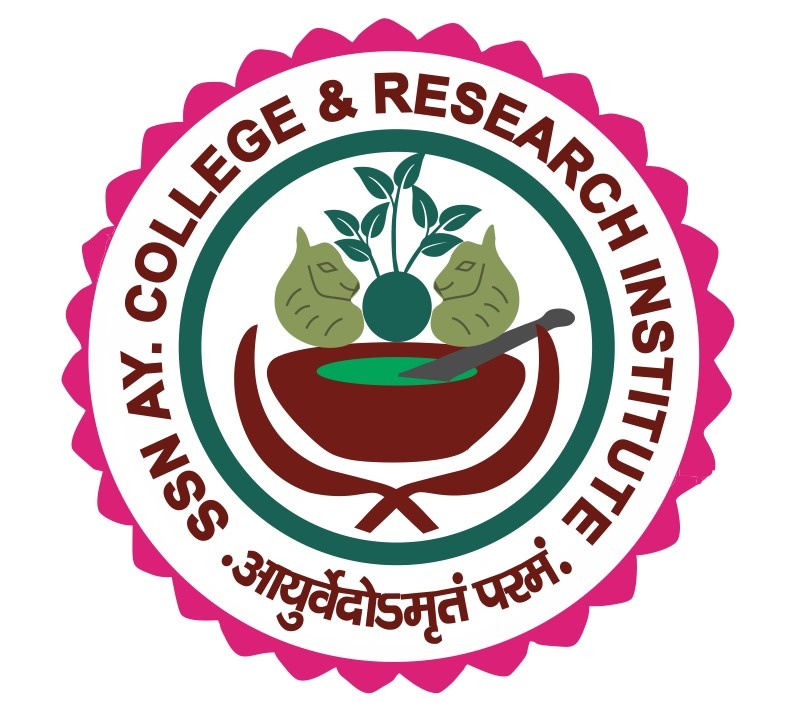- About Us
- Programs
UNDERGRADUATES
- Department
- Hospital
- Pharmacy
- Student
- Download
- Gallery
- News & Events
- Facilities
- NCISM MANDATES
Staff List
Attendance Details
Committee
- Academic Committee
- Anti Ragging Cell
- Committee Against Sexual Harashment
- Co Curricular and Extra Curricular Activity Cell
- Environment Club
- Grievance Redressal Cell
- Infection Control Committee
- Sanitary Committee
- Internal Quality Assurance Cell
- Pharmaco Vigilance Cell
- Human Resource Development Cell
- Photography Club
- Research Innovation and Entrepreneurship Development Cell
- Sanskrit
Beds
- Apply Now
